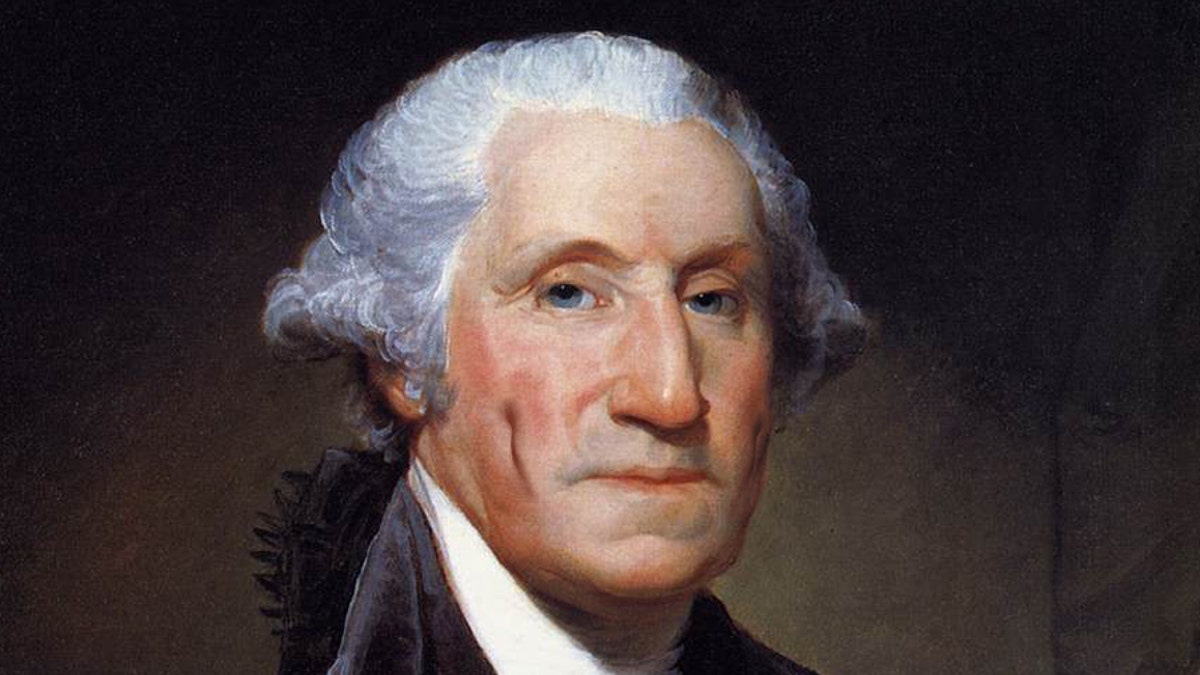
Wednesday morning Barack Obama chose Merrick Garland to replace the late Antonin Scalia on the Supreme Court. Republican Party Senators continue to assert that they will not fulfill their constitutional duty to “advise and consent” on Garland's nomination.
The obstinate behavior of the GOP-controlled Senate is unprecedented. There has never been a case in which the Senate refused to even consider holding a hearing on a nominee. This is a historic moment.
This debate is yet another example of the longstanding power that politics has held over American life. Senators who have built their political reputations on defending the words of the Constitution are now forced to ignore those very words.
Take, for example, Texas Senator Ted Cruz. He has argued on the campaign trail that Scalia’s replacement should be nominated by the next President. In doing so, he is suggesting that Article II, Section 2 of the Constitution—the section that requires the President to nominate Supreme Court justices and the Senate to “advise and consent”—should not be taken seriously.
Cruz has been anxious about a potential Obama appointee who will undermine religious liberty, defend same-sex marriage, and support abortion. These are the issues that drive his campaign. It thus behooves him to play and fast loose with the Constitution in order to advance his political and moral agenda for the country.
On the other hand, Barack Obama has sent a nominee to the Senate that will embarrass the GOP politically if its members decide not to afford Merrick Garland a hearing. Garland is qualified, experienced, well-liked, has received support from GOP Senators in the past, and is a judicial moderate.
If this nominee does not get a hearing, the White House will do everything in its power to make sure the GOP suffers in the November 2016 elections.
Of course if the situation was reversed, and a GOP President was trying to get a Democratic-controlled Senate to support a nominee, it is likely that we would be faced with an identical impasse.
We are witnessing political partisanship at its worst.
I am reflecting on this Supreme Court nomination controversy from Mount Vernon, Virginia, where I have spent the last month as a visiting scholar at the Fred W. Smith National Library for the Study of George Washington. During my stay here I took some time to re-readWashington’s 1796 farewell address to the American people. I encourage you to read it as well.
As Washington left office, he reminded his fellow Americans about the values and ideals that would keep the republic strong. He also warned them about the prevailing threats that would undermine it.
One of those threats was political partisanship.
Here is just a taste of what Washington wrote:
[Political partisanship] serves always to distract the public councils and enfeeble the public administration. It agitates the community with ill-founded jealousies and false alarms, kindles the animosity of one part against another, foments occasionally riot and insurrection. It opens the door to foreign influence and corruption, which finds a facilitated access to the government itself through the channels of party passions. Thus the policy and the will of one country are subjected to the policy and will of another.
There is an opinion that parties in free countries are useful checks upon the administration of the government and serve to keep alive the spirit of liberty. This within certain limits is probably true…But in those of the popular character, in governments purely elective, it is a spirit not to be encouraged. From their natural tendency, it is certain there will always be enough of that spirit for every salutary purpose. And there being constant danger of excess, the effort ought to be by force of public opinion, to mitigate and assuage it. A fire not to be quenched, it demands a uniform vigilance to prevent its bursting into a flame, lest, instead of warming, it should consume.
Nearly ten years before Washington wrote these words he presided over the writing of the United States Constitution in Philadelphia—a document that begins with that oft-quoted phrase, “We the People.”
Washington worried that political factions—such as today’s Republican and Democratic parties—weakened American’s commitment to the common good. Political partisanship, he believed, promoted the worst forms of selfishness. It undermined the “we” in “We the People.”
As we witness this embarrassing partisan debate over the next Supreme Court justice and the blatant attempt to privilege politics over Washington’s Constitution, we are reminded that we have still not learned the lesson that the Mount Vernon farmer was trying to teach us in 1796.








































